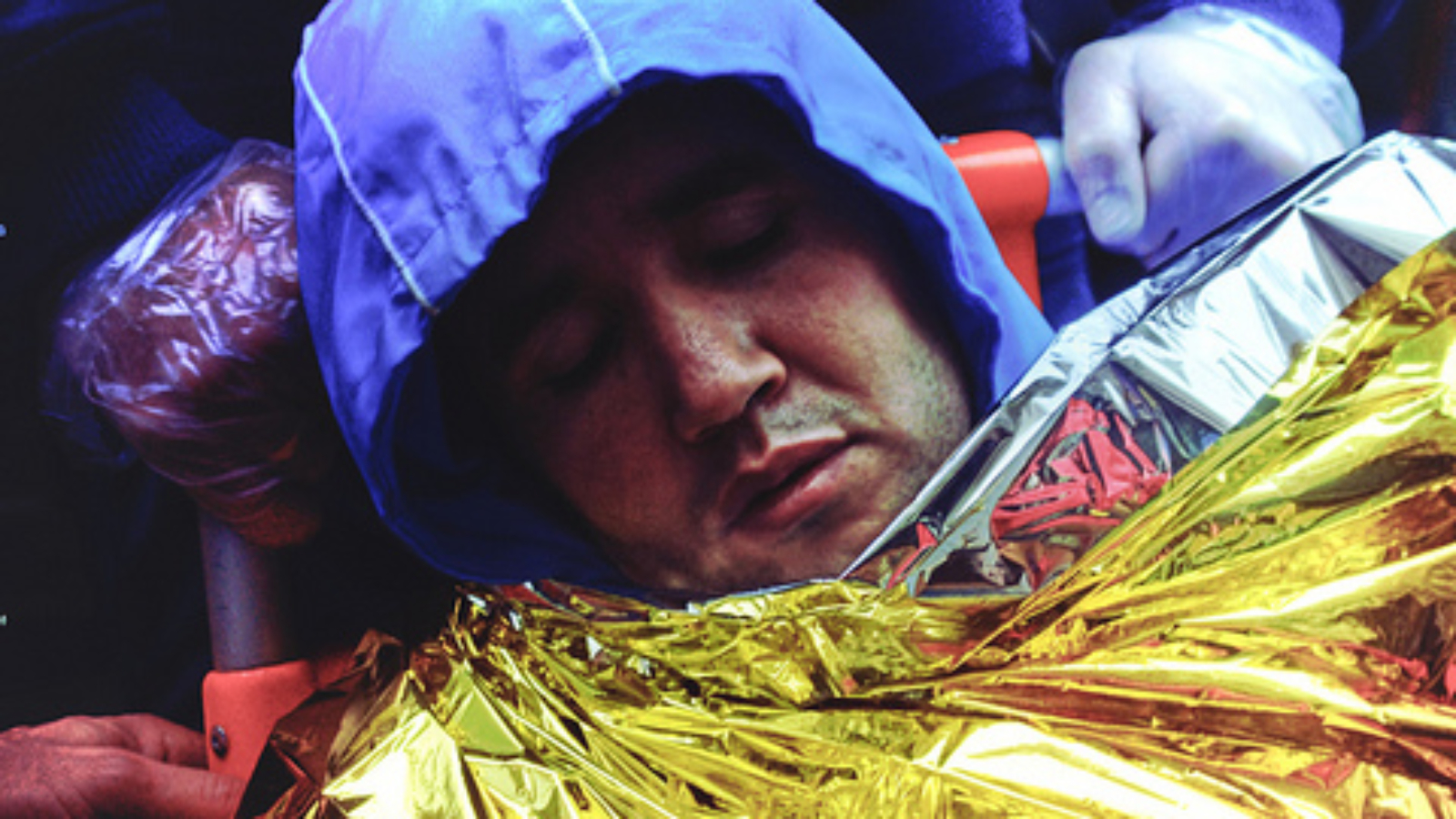by Peter Atwater
European ministers have called for an emergency summit to discuss the hundreds of thousands of refugees pouring into European countries. Their meeting next week may be too late. Panicked crowds don’t follow policymaker timetables, and Europe’s relationship with its exploding refugee community is now teetering on the edge.
To grasp the precariousness of the current crisis, one must ignore the political rhetoric and standard analysis and focus on how refugee and European voter confidence is impacting unfolding events. As we saw with the crisis in Greece, social mood and confidence levels have a much bigger effect on outcomes than most pundits and policymakers realize.
To state that refugees have lost confidence and are desperate would be an understatement. Exodus only takes place when mood is at its lowest, hopelessness has set in and every other alternative has been exhausted. Emigration is an act of deliberate sacrifice, where those leaving give up everything for the possibility of a better future. Refugees are not going toward somewhere new as much as they are fleeing from mentally and emotionally debilitating uncertainty.
But extreme lows in social confidence also bring with them unique impulsive behaviors that reflect extreme self-interest and very narrow time frames. For refugees, the only people who truly matter are close family. The only time frame that matters is right now. When desperation takes hold, deliberate decision making that takes into consideration the interests of others and long-term consequences is replaced by our survival-driven impulsive instincts. We focus entirely on the here and now.
When you consider the dangerous and extreme means by which refugees have travelled to Europe, those actions reflect these behaviors very clearly. What policymakers may woefully underappreciate is that until confidence improves, refugees’ actions will continue to reflect these extreme impulsive survivalist traits. The desperation we have seen in Calais and in Budapest is not exceptional. We are witnessing how those who are hopeless routinely behave.
While the refugees’ environment is extremely volatile, there is another crucial element to the crisis further contributing to its challenges – darkening European social mood. Looking at the crisis from the perspective of European residents, it is important to appreciate that generosity is highly correlated to confidence. Not only are we more financially forthcoming when we are confident, but we are more socially generous too. We embrace diversity and welcome those who are different. We are more patient.
The history of the Schengen area displays a very clear positive correlation with European social mood. As mood improved, confidence in the European project and regional policymakers rose with it. (Our trust in government is highly reflexive. The better we feel, the more confidence we have in political leaders and government institutions.) Not only did the EU expand geographically, but so too did the free mobility of labor, goods, and services. Rising confidence led to a more open and inclusive Europe.
During 2011, however, falling European confidence led to a reversal in the region’s openness as France, and Italy reconstructed border crossings. Falling confidence today is bringing with it even greater nationalism and xenophobic behaviors. Razor-wire fences and border controls are going up across the region aimed at stemming the flow of refugees.
But darkening social mood is also forcing national leaders to choose between local and Europe-wide demands. With falling mood, the same self-interested, short-term-minded traits exhibited in the extreme by refugees are increasingly mirrored by European residents. This is displayed in voters’ demands of policymakers.
Should European mood continue to sour, it will be extremely difficult for policymakers to reach a meaningful pan-European political solution to the refugee crisis in the face of rising protectionalism and xenophobia. The potential for violence will rise sharply, manifesting in clashes between refugees and local residents and government officials. This heightened violence will only make resolving the crisis more difficult. There is the very high probability of a contagious and impulsive backlash arising from both sides. We are seeing signs of this already in the escalation in tensions in Calais and Budapest. Unless mood improves quickly, the risk of a vicious deteriorating cycle is high.
As European policymakers and humanitarian organizations try to address the refugee crisis, they must appreciate that at its core, this is a crisis of confidence. To create a sustainable and successful solution, steps must be taken to boost the confidence of refugees and European residents alike. Both need to see their concerns adequately addressed. But finding solutions that meet the conflicting needs of both groups will be challenging given the volatility of the current social mood.
Far more than the plight of the refugees is at stake here, however. The current crisis is exposing just how fragile European leadership cohesion is today. Where the Greek crisis challenges policymakers to reconsider financial constructs of the region, the refugee crisis is revealing fundamental disagreements across a much broader swath of existential issues.
The longer the refugee crisis goes on and the further mood falls, the more national and even local divisions will become obvious. European policymakers continue to act as if the refugee crisis is a Greek-like financial crisis within their control. Nothing could be further from the truth. What is unfolding is a much broader crisis of social confidence. Across Europe, trust in institutions is evaporating, as the region’s mounting refugee crisis exemplifies.
A panicked crowd waits for no one. For the sake of the refugee community and European residents, the sooner policymakers realize this, the better.
*****
*****
Peter Atwater is the President of Financial Insyghts, a research firm focused on the role of confidence in economic, financial, political, and social decisionmaking.
[Photo courtesy of SpaceShoe]
